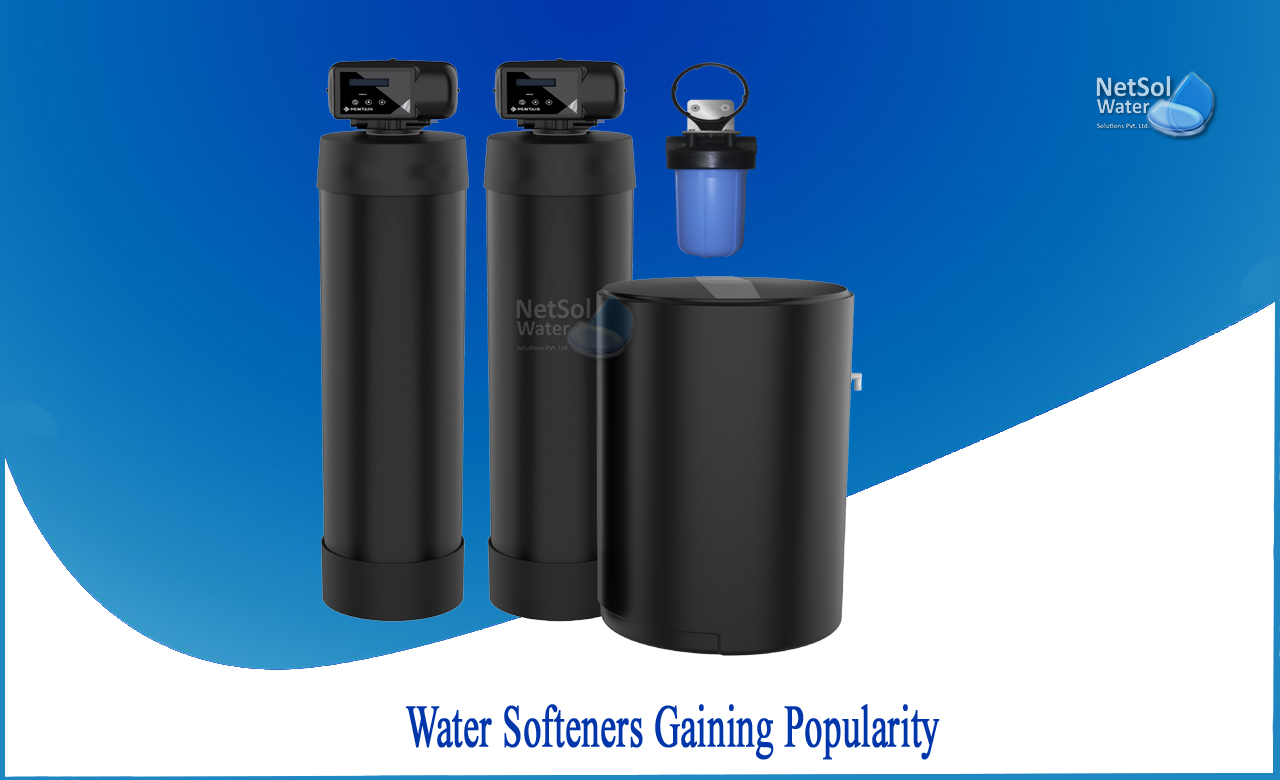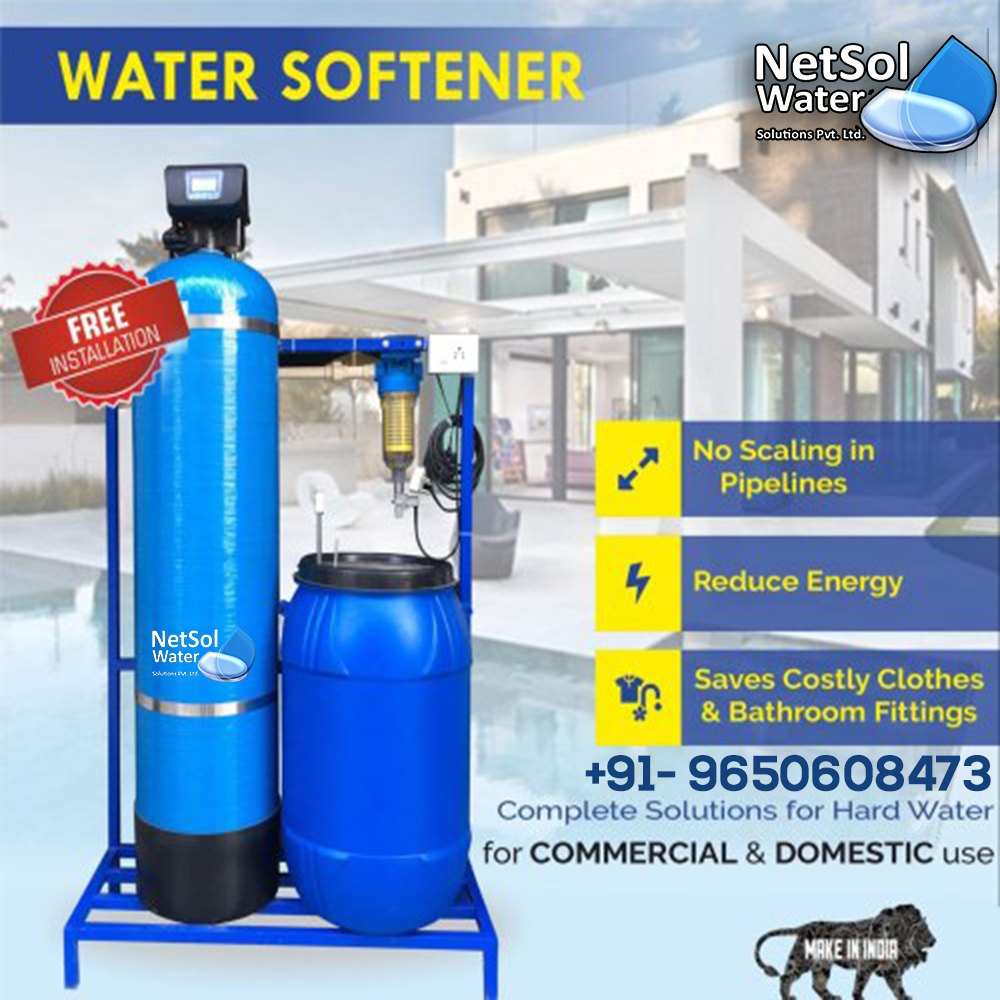What exactly is water softening?
Water softening is a process that removes the ions that create hard water, most often calcium and magnesium ions. During softening, iron ions may also be eliminated.The most effective technique to soften water is to utilize a water softening device that is directly connected to the water source.
What exactly is a water softener?
A water softener is a filtering device that works to remove excessive calcium and magnesium concentrations that produce hard water. When water is passed through a Water Softener, the system filtersthe hard water minerals, and the softened water then exits the system to flow via piping.
Hardness in Water
Minerals, particularly calcium and magnesium, are abundant in hard water. Because of their chemical structure, calcium and magnesium bind well with other metals. Over time, these deposits can accumulate, clog, or even break pipes, producing serious plumbing problems. In boilers and hot water heaters, hard water deposits can build up, lowering efficiency and raising running costs.
What is the best way to tell whether you need a water softener?
- Mineral-like crust that has accumulated around your faucets or around your shower head
- Soap scum accumulates in your sinks and on your shower walls
- Clothing that is stiff after a wash of laundry
- After washing, you may have irritated or dry skin, as well as dull hair
Are water softeners really necessary?
- Create/modify business development strategies by using significant growth opportunities in developed and new countries.
- Allow the industrial and residential sectors to reduce their excess expenditures.
- All clients are encouraged to live a healthy lifestyle.
- Extend the life of your appliances and pipelines.
- Turn an organization's entire income into a growing rate.
- Water Softeners are becoming increasingly popular.
Are you still thinking whether to buy a softener or not? Let us have a look again
Due to the build-up of calcium and magnesium, hard water significantly reduces the life of equipment’s such as dishwashers, coffee makers, and water heaters. Water softeners aid in the removal of calcium and magnesium ions from hard water and are thus commonly utilized in household and municipal settings.
Furthermore, rising urbanization, migration from villages and small towns to metropolitan areas, and an increase in population in tier 1 and tier 2 cities have generated a demand for effective water softening systems.
These reasons are increasing the demand for soft water for a variety of applications, resulting in an increased demand for water softeners!
There are two types of water softeners in the market: salt-based water softeners and salt-free water softeners:
Salt-based water softeners increase the life of plumbing systems by preventing scaling of bathroom and kitchen taps, faucets, and fixtures, as well as internal damage and corrosion in water-using equipment such as geysers, washing machines, and dishwashers. They also protect hair and skin from the damaging effects of hard water. Salt-based water softeners are expected to see increasing market demand as their use in the industrial and residential sectors grows.
Water softeners are classified into four types based on their application:
Industrial, domestic, municipal, and others. The industrial category led the market in 2020 and is likely to do so throughout the forecast period. Water softeners are widely utilized in many industries, including food and beverage, manufacturing, chemicals, and oil and gas, to avoid internal corrosion and to recycle wastewater.High quantities of hardness-causing ions in water can increase energy consumption, cause industrial equipment to malfunction, or even cause the system to collapse completely. Water softener systems soften hard water, allowing it to be used in industrial applications.




